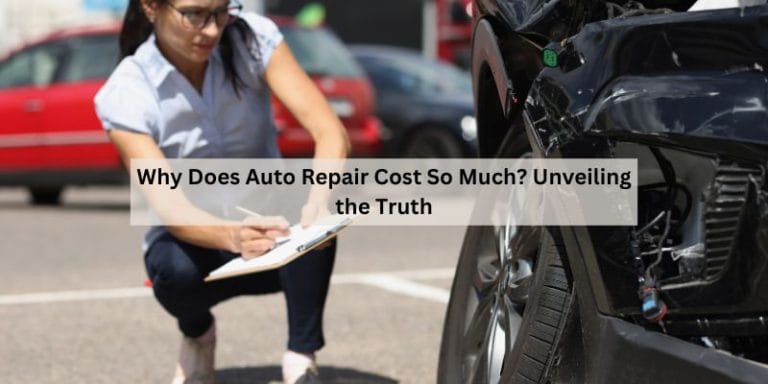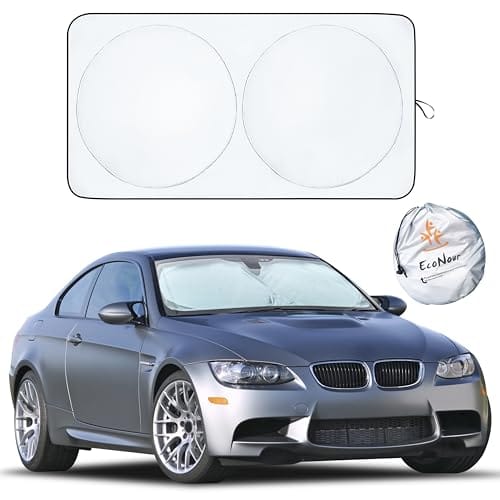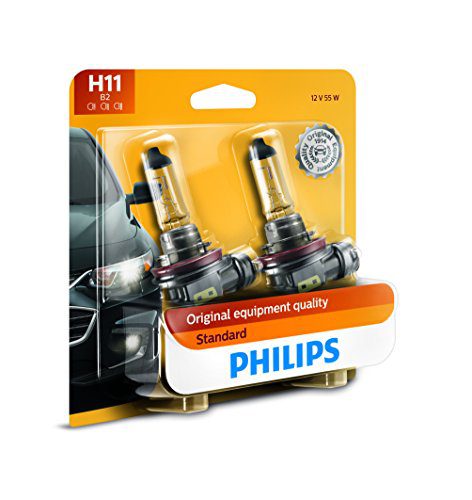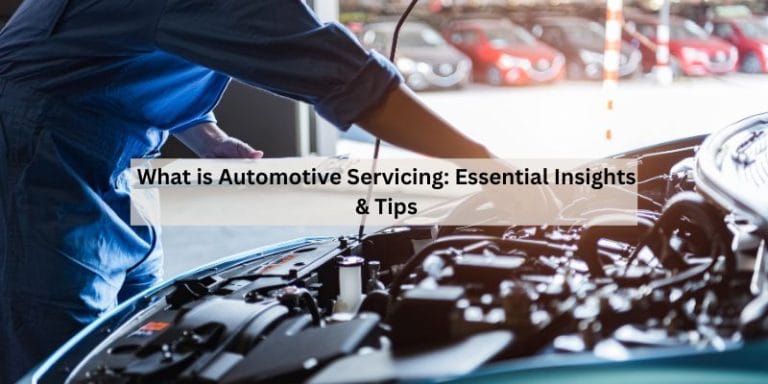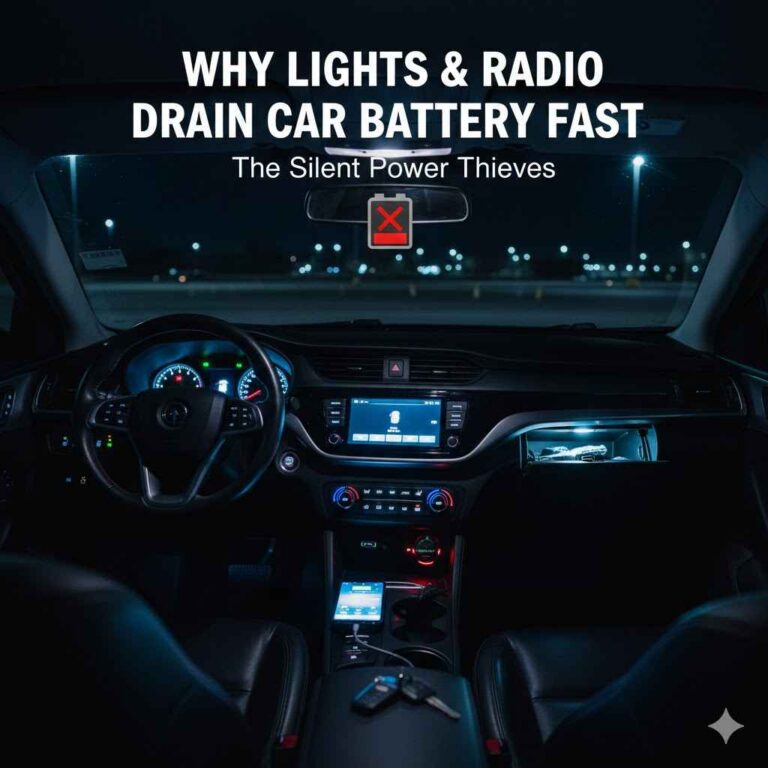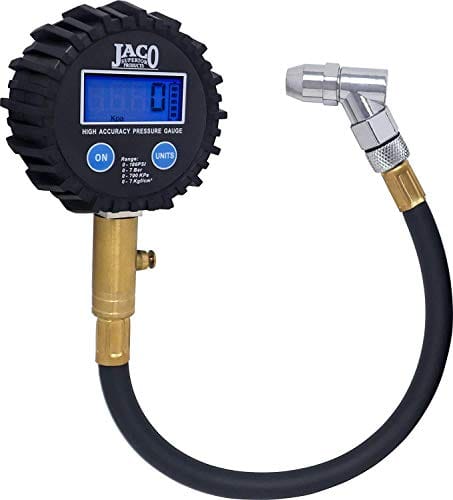Pros and Cons of Car Dealerships: Insider Secrets
Car dealerships have higher prices due to overhead costs, limiting options for those on a tight budget. However, they offer legal protection and a car history check.
On the other hand, trading a car into a dealership may result in a fixed lower trade-in price and less control over the deal. Despite these disadvantages, becoming a car dealer can be rewarding as it offers commission bonuses and doesn’t necessarily require a college degree.
Overall, while car dealerships have their drawbacks, they also provide certain advantages such as legal protection and potential income opportunities for salespeople. It’s important to carefully weigh the pros and cons before making a decision.
Introduction To Car Dealerships
The rise of car dealership model has significantly impacted current market dynamics. Car dealerships have higher overhead costs, including expenses for staff, facilities, and advertising, resulting in higher prices compared to private sellers. This may limit options for those on a tight budget or require more negotiation. However, dealerships offer legal protection and stringent laws, providing a car history check and a reputation to uphold. Additionally, many car sales positions offer commission bonuses on every sale, increasing income and providing opportunities for those new to sales. On the downside, used car dealerships may charge higher prices than private parties and leave less room for negotiation. Trading in a car at a dealership may result in a fixed trade-in price lower than expected, potentially reducing control over the deal. Moreover, any recent repair expenses may not be considered, leading to a longer sales process.
Advantages Of Car Dealerships
Car dealerships offer a wide variety of vehicles to choose from, catering to different tastes and preferences. They also provide quality assurance and detailed vehicle history, giving buyers peace of mind about their purchase. Additionally, dealerships offer legal protections for buyers, ensuring that they are covered in case of any issues with the vehicle.
Disadvantages Of Car Dealerships
Car dealerships may have higher prices due to overhead costs, limiting options for budget-conscious buyers. The sales process may also require more negotiation and offer less flexibility compared to private sellers. Additionally, the dealership’s stringent laws and fixed trade-in prices may give buyers less control over the deal.
| Disadvantages of Car Dealerships: | |
| Higher Overhead Costs: | Dealerships have higher overhead costs, including expenses for staff, facilities, and advertising, which can result in higher prices for their vehicles compared to private sellers. If you’re on a tight budget, buying from a dealership may limit your options or require more negotiation. |
| Negotiation and Pricing Strategies: | Dealerships often have set pricing strategies and negotiation processes that can be time-consuming and frustrating for buyers. It can be challenging to determine the best possible purchase price, and the final price may not be the most competitive. |
| Lengthy Sales Processes: | Buying a car from a dealership can be a lengthy process, involving multiple steps such as test driving, financing, and paperwork. This can be inconvenient for buyers who are short on time or prefer a more streamlined process. |
The Insider Perspective
Car dealerships offer a wide selection of vehicles, making it easier to find the perfect car for your needs. However, they often have higher prices due to overhead costs, limiting options for budget-conscious buyers. On the positive side, purchasing from a dealership provides legal protection and access to car history checks, which can offer peace of mind. When it comes to the sales process, dealerships may apply pressure to meet targets, and their tactics can sometimes be perceived as aggressive. Despite these challenges, many sales positions at dealerships offer commission bonuses, creating opportunities to boost earnings. Overall, there are both advantages and disadvantages to consider when purchasing from a car dealership.
Customer Experience
When considering car dealerships, it’s important to weigh the pros and cons. While dealerships offer a wide selection and convenient financing options, they often come with higher prices and potential for more negotiation. Additionally, the legal protection and reputation of dealerships can be advantageous, but may limit the freedom of choice.
| Customer Experience |
|---|
| Service and Maintenance Offers |
| Warranty and Return Policies |
| Customer Satisfaction and Loyalty Programs |
When it comes to the customer experience at car dealerships, several factors come into play. One of the most significant factors is the service and maintenance offers provided by the dealership. Many dealerships offer complimentary maintenance services for a certain period after the purchase, which can be a significant advantage for customers. However, these offers can also be a double-edged sword as some dealerships may use them to lure customers into buying a vehicle. Another crucial factor is the dealership’s warranty and return policies, which can significantly impact a customer’s satisfaction. A dealership with a robust warranty and return policy can give customers peace of mind, whereas a weak policy can lead to dissatisfaction. Finally, customer satisfaction and loyalty programs can help dealerships retain customers and build a positive reputation. However, these programs must be executed well to be effective and not come across as gimmicky.
Financial Considerations
When considering the pros and cons of car dealerships, one major financial consideration is the higher prices compared to buying from private sellers. Dealerships have higher overhead costs, which can result in limited options or require more negotiation for those on a tight budget.
However, buying from a dealership offers more legal protection and car history checks.
| Financing Options and Interest Rates |
|---|
| One of the advantages of buying a car from a dealership is the availability of financing options. Dealerships work with multiple lenders and can offer different financing plans that suit your needs. However, it’s important to do your research and compare interest rates from different lenders to avoid high-interest rates that could increase your monthly payments. |
| Trade-in Values and Negotiations |
|---|
| When buying from a dealership, you have the option to trade in your old car and use its value towards your new purchase. However, dealerships usually offer lower trade-in values compared to private sellers. It’s important to research your car’s value and negotiate for a fair price to avoid losing money on your trade-in. |
| Impact of Repairs and Modifications |
|---|
| Dealerships usually offer warranties and service packages that cover repairs and maintenance for a specific period. However, modifications to your car may void these warranties and could result in higher repair costs. It’s important to discuss any modifications with the dealership before purchasing to avoid any surprises. |
In conclusion, buying from a dealership has its advantages and disadvantages. While financing options and trade-in values can be convenient, it’s important to do your research, negotiate for a fair price, and discuss any modifications before making a purchase.
Comparing Dealerships And Private Sellers
When considering buying a car, it’s important to weigh the pros and cons of car dealerships versus private sellers. Car dealerships often offer a wider selection of vehicles, financing options, and legal protections. However, they typically have higher prices due to overhead costs, limiting options for budget-conscious buyers. On the other hand, private sellers may offer lower prices and more room for negotiation, but they lack legal protections and may not provide a vehicle history check. Understanding the true cost of ownership is crucial, as it involves not only the purchase price but also factors such as insurance, maintenance, and depreciation. Both options have their advantages and drawbacks, so it’s essential to carefully evaluate your priorities and preferences before making a decision.
Future Of Car Buying
The future of car buying presents both pros and cons for car dealerships. On the positive side, dealerships offer legal protection, car history checks, and the opportunity for salespeople to earn commissions. However, the downside includes higher prices, limited options for buyers on a tight budget, and the potential for lower trade-in prices.
Ultimately, the decision between buying from a dealership or a private party depends on individual preferences and priorities.
| Pros and Cons of Car Dealerships |
| Future of Car Buying |
| Online Car Purchases |
| Online car purchases are becoming increasingly popular due to their convenience and the ability to compare prices easily. However, some people still prefer the traditional dealership experience, where they can physically see and test drive the car before making a purchase. As technology continues to advance, it is likely that online car purchases will become even more prevalent, potentially leading to a decrease in the number of physical dealerships. This shift in consumer preferences could have a significant impact on the automotive industry as a whole. Dealerships will need to adapt by providing a seamless online purchasing experience to remain competitive. Additionally, technology has already had an impact on dealerships, with tools like virtual reality test drives and online financing applications becoming more common. These advancements may help dealerships attract more tech-savvy customers, but could also lead to further polarization between those who prefer the digital experience and those who prefer the traditional one. |
| Evolving Consumer Preferences |
| As mentioned above, consumer preferences are rapidly evolving in the automotive industry. Customers are increasingly looking for convenience and transparency, which online car purchases can provide. However, some customers still value the in-person experience and personal touch that dealerships can offer. It is important for dealerships to understand these changing preferences and adapt accordingly, whether that means investing in online sales platforms or enhancing the in-person experience with more personalized service. |
| Impact of Technology on Dealerships |
| Technology has already had a significant impact on dealerships, and this trend is likely to continue in the future. Virtual reality test drives and online financing applications are just the beginning. As technology continues to advance, dealerships will need to keep up in order to remain competitive. This could mean investing in more advanced digital tools or even partnering with tech companies to provide a seamless online purchasing experience. However, it is important for dealerships to strike a balance between the digital and physical experiences, as some customers may still prefer the traditional in-person experience. |
Frequently Asked Questions
What Are The Disadvantages Of A Car Dealership?
Disadvantages of a car dealership include higher prices due to overhead costs, limited options for those on a tight budget, and the need for negotiation. Trading in a car may result in a fixed trade-in price lower than expected and less control over the deal.
However, car dealerships offer legal protection, car history checks, and the opportunity to earn commission bonuses.
What Are The Pros And Cons Of Buying A Car With A Dealership?
Pros of buying a car with a dealership: – More likely to find the best purchase price – Offers more legal protection – Dealerships provide car history checks – Dealerships have a reputation to maintain Cons of buying a car with a dealership: – Higher prices due to overhead costs – Limited options for tight budgets – May require more negotiation Buying a car from a dealership has its advantages in terms of pricing, legal protection, and reputation, but it also comes with higher prices and potential limitations for those on a tight budget.
What Are The Benefits Of Being A Car Dealer?
Being a car dealer has several benefits. First, you can earn commission bonuses on every sale, increasing your income. Second, you don’t necessarily need a college degree to become a car salesperson. Third, car dealerships provide legal protection and car history checks.
Lastly, it can be a great opportunity for those new to sales or looking to boost their earnings.
Which Is A Disadvantage Of Trading A Car Into The Dealership?
One disadvantage of trading a car into the dealership is that the trade-in price may be lower than expected. Additionally, you may have less control over the deal and any recent repairs you made to the car may not be considered.
Conclusion
There are both pros and cons to consider when buying a car from a dealership. On the positive side, dealerships offer legal protection, car history checks, and the opportunity to negotiate for the best purchase price. However, the downside is that dealerships often have higher prices compared to private sellers and may limit your options if you’re on a tight budget.
Additionally, trading in your car at a dealership may result in a fixed trade-in price lower than expected. Ultimately, it’s important to weigh these factors and make an informed decision based on your individual needs and budget.


